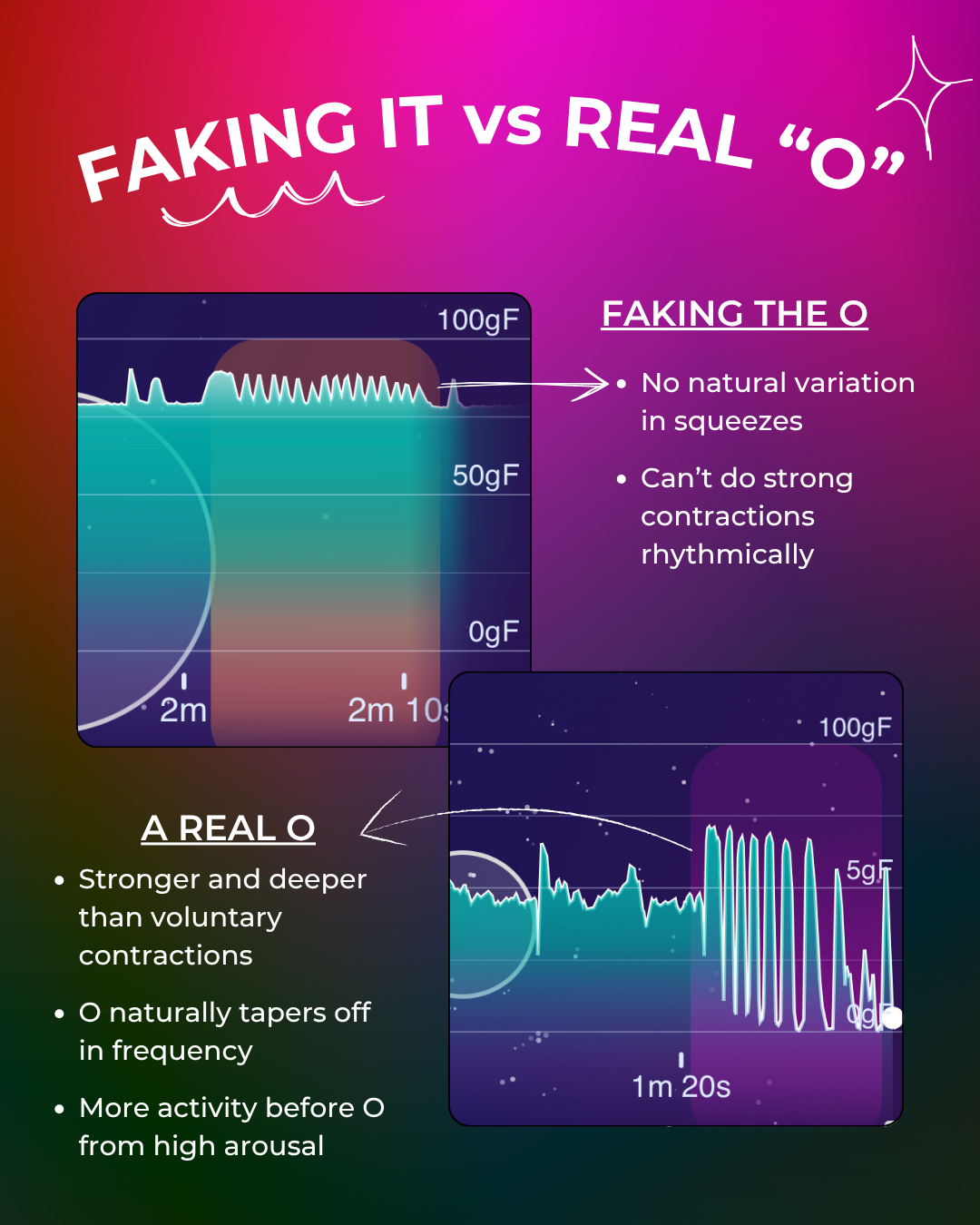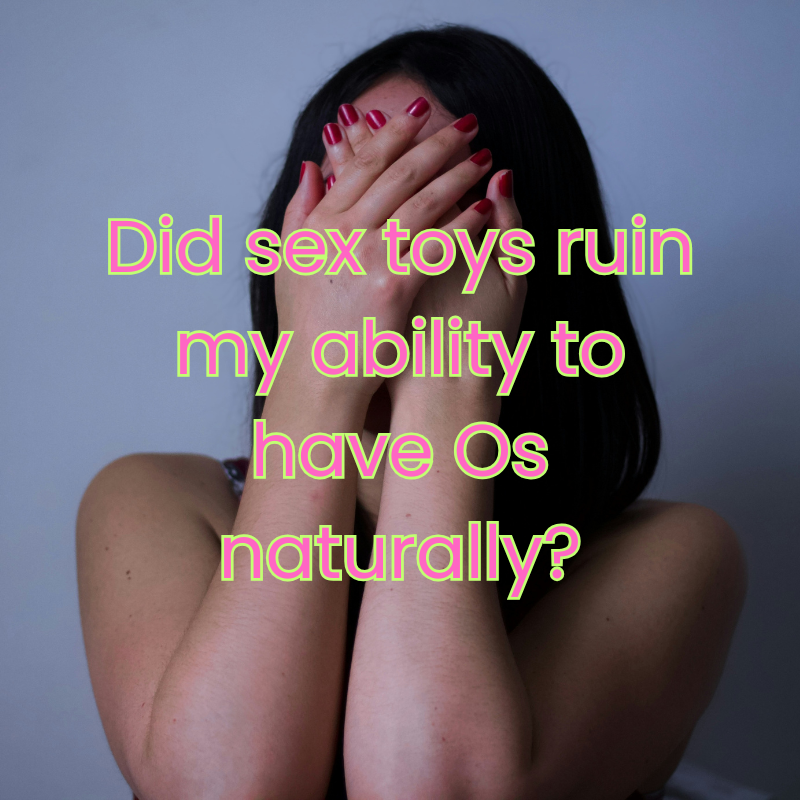
Using lube is a normal part of sex but, like other sex toys and tools, not all lubricants are made equally. In fact, some actually promote and encourage vaginal infections!
If no one has ever told you what to watch out for in a sex lube, here are three lube ingredients to avoid at all costs:
Glycerin Isn’t as Sweet as You Think
If you’ve ever Googled glycerin, then you probably saw words like “non-toxic” and “humectant” and thought well, it can’t be that bad! After all, it’s easy to see an ingredient used in a plethora of cosmetics and lotions and think it’s perfectly fine as an ingredient in lubricants too.
But not all ingredients that work well with your face are going to work well with your sex toys or internal anatomy.
Glycerin (also called glycerol) is often attributed to an increased likelihood of yeast infections in people with vaginas, though the research on this isn’t without conflict. The idea here is that glycerin is a sugar and sugar inside the vagina is going to increase the likelihood of infection. And with infection comes an increased risk for more infection, making sexually transmitted infections (STIs) easier to pass between partners.
So while the jury may be out on glycerin, we definitely advise erring on the side of caution. There are so many great lubes with better ingredients to choose from, so why risk it?
Mineral-Based Oils Are Better Used Elsewhere
Mineral-based oils are found in a lot of products many of us have hiding in our medicine cabinets and bathroom drawers. These are baby oils, vaseline, lotions, and massage oils.
While they may seem like a great option when you’re in a pinch, they’re really not as straightforward and ready for use as you may think. In fact, many of these minerals actually degrade things like condoms and certain sex toy materials.

Latex condoms and silicone toys are made to be used with water-based lubricants (or very specific oils not found in your household products). Using them with mineral-based oils is going to degrade their integrity, leading to broken condoms, broken toys, and broken hearts.
Similar to glycerin, mineral-based oils like petroleum have also been shown to increase the likelihood of vaginal infections. Whereas glycerin can encourage yeast infections, petroleum increases the likelihood of bacterial vaginosis—an equally uncomfortable infection that can make sex painful and requires antibiotics to treat.
If you see a mineral-based oil listed in a lube’s ingredients, don’t use it. And leave the baby oil out of the bedroom when you don’t have another lubricant handy.
Parabens Aren’t the Parabusiness
Think of the last time you walked down the shampoo or body soap aisle at the store. Did you notice you were bombarded with “PARABEN FREE!” on many of the bottles? That’s because this one is important—and that goes for more than just your sex lube.
Parabens are called endocrine-disrupting chemicals (EDCs) and have been linked to hormone imbalances and other health risks. This lube ingredient is one we advise treating like glycerin: if there’s no risk in choosing another lube that doesn’t have it, why take the risk at all?
Parabens may not be as easily spotted when you’re scanning a label, however. Here’s a list of the most common paraben lube ingredients to avoid:
- Methylparaben
- Ethylparaben
- Propylparaben
- Butylparaben
Choose the Right Slippery Slope
Lube is a normal part of sex and masturbation. It’s can also be one other tool in your “safer sex” toolbox.
We didn’t get into the nuances of sex toy material and specific uses for lubes in this article because, when it comes down to the big three “No’s,” how you’re using it really doesn’t matter. Avoiding glycerol, mineral-based oils, and parabens in your lubricants as often as possible does.
Safer sex isn’t always just about STI transmission and preventing unwanted pregnancies. Safer sex starts with you and your body and can be practiced just by keeping a bottle of lube with great ingredients on your nightstand.
Not sure where to start? Check out our recommendations for lubes here.
What goes well with a great lube? The Lioness Vibrator of course!
Lioness is the first and only vibrator that helps you improve your orgasms.
The world’s most advanced vibrator. Precision sensors let you literally see your arousal and orgasm. Experiment, understand yourself, and have better orgasms—after all, as the saying goes, “never measured, never improved.”
Click here to learn more about the Lioness.




